Mr Giles Davies
Sciensus Cancer Companion - Unleashing the Value of Patient Reported Data

Introduction to PROs and PROMs
Patient reported outcomes (PROs) provide crucial reports from patients about their own health, quality of life, and functional status associated with the healthcare or treatment they have received. Patient reported outcome measures (PROMs) are the tools used to report these outcomes. Increasingly, PROMs are included in cancer clinical trials to complement traditional clinical and survival indicators.

The Healthcare Challenge – One Size Fits All
Currently, patients face significant challenges in accessing care. When they do, they often have limited time (typically a 10-30 minute appointment) to report their symptoms and get the support they need. The “one size fits all” approach provides all patients with the same, often written, information about treatments, possible side effects, and how to access care. However, patients are individuals with unique cultural, spiritual, family, and personal needs. A paradigm shift is necessary to leverage healthcare technology to provide personalized care for all patients, incorporating diverse cultural, behavioural, and biological needs.
The challenge of accessing care
When patients experience complications, such as infections following surgery or side effects from chemotherapy, they must navigate a complex web of care to access timely treatments. Patients treated at geographically distant specialist centres may be directed to local hospitals without specialist oncology facilities. If admitted, they may end up on general medical wards without access to specialist oncology care. This not only incurs financial costs for readmissions and treatment complications but also imposes significant personal costs on patients, including distress, pain, and mental health impacts. Delays in starting or continuing treatment due to side effects can affect overall prognosis.

The Sciensus Cancer Companion Solution
Personalised Support and Data Collection
The Sciensus Cancer Companion is a novel digital health technology application and desktop platform linking a phone-based app with a comprehensive desktop dashboard. It supports patients in a personalised way, logging activity data, providing curated AI-driven cancer support information, mental health support, and continuously collecting symptom, Quality of Life (QoL), and PROM data. A pilot study at a major private cancer hospital in London showed an increase in PROMs response rates from 10% in paper form to 80% via the app.
AI and Behavioural Science
With support from major cancer charities such as Penny Brohn and Cancer Research, the Sciensus Cancer Companion uses AI and behavioural science to deliver personalised cancer support information, wellness and mental health support, and medication and appointment logging. The platform allows continuous symptom logging and uses international grading (National Cancer Institute USA grading) to review clustered symptom data longitudinally, creating rich aggregated datasets of toxicities during chemotherapy. This enables the identification of trends to intercept clinical deterioration and major toxicities early.
Clinician Tools and Insights
Clinicians can develop customised early warning tools and escalation pathways to help patients access care quickly when symptoms first develop. The Sciensus Cancer Companion also extracts unique insight data, such as revealing mental health deterioration alongside clinical symptoms. Integration with wearable devices logging step count and activity contextualises physical symptoms with mood and mental health impacts. Clinicians developing clinical exercise programs to manage long-term side effects, such as fatigue, can objectively measure success and guide allied health professionals in delivering physical and mental health support like Pilates, yoga, and counselling sessions.
Benefits Across the Board
Patient Benefits
For patients, personalised treatment with curated information empowers them with knowledge and control over their care. Accessible support and holistic care delivery increase engagement, improve patient experience, compliance with medication, and overall wellbeing during cancer treatment. This can positively impact outcomes and reduce the morbidity and collateral impacts of surgery and chemotherapy.
Organisational Benefits
At an organizational level, many private healthcare organisations, payors, and pharmaceutical companies recognize the benefits of collecting patient-centred outcomes and integrating them into their strategies. Publishing outcomes that matter to patients allows them to choose care based on what matters most to them. This value-based healthcare model demonstrates outstanding patient-centred care, creating a competitive advantage.
Hospital and Payor Benefits
For individual hospitals, the Sciensus Cancer Companion facilitates the creation of personalised treatment plans, effective audit and quality improvement metrics, delivery of holistic care, enhanced patient engagement, and the ability to identify patterns and trends for innovative care pathways. Identifying non-adherence patterns and early warning systems can improve “time on treatment,” enhancing overall outcomes and prognosis. For payors, reducing unplanned care costs and gathering insights to relate claims data with real-world clinical outcomes can manage costs, capture value, and enable resource allocation to give the most intensive and proactive care to at-risk patients.
Benefits to Pharma
Pharmaceutical companies face challenges in understanding the real-world performance of drugs. Recruitment challenges, poor representation of marginal stakeholders, and real-world variability mean that drug performance may not always reflect clinical trial expectations. The Sciensus Cancer Companion platform allows monitoring of safety and adverse events, comparison of new products, dosing optimization, and label expansion. Real-world data supports payers and policy makers in evaluating efficacy, cost-effectiveness, and long-term safety of drugs, particularly for underrepresented populations. This aligns with regulatory strategies like those of the European Medicines Agency, which assess real-world data both pre-authorisation and post-approval.
Conclusion
The Sciensus Cancer Companion app and desktop platform represent a significant advancement in cancer care. For organisations competing for market share based on outcomes, and capturing the value of patient data, creates commercial opportunities for innovation, growth, cost control and resource allocation in alignment with a digital first strategy. Most importantly in the development of a healthcare ecosystem where digital applications, social media and AI inetegrate and interact , Sciensus cancer companion is a valuable tool individual patients, clinicians, hospitals, and wider organisations.





